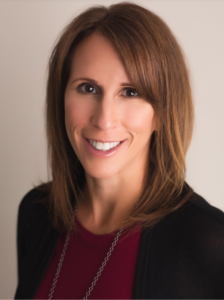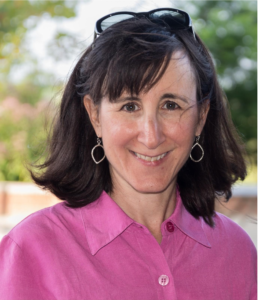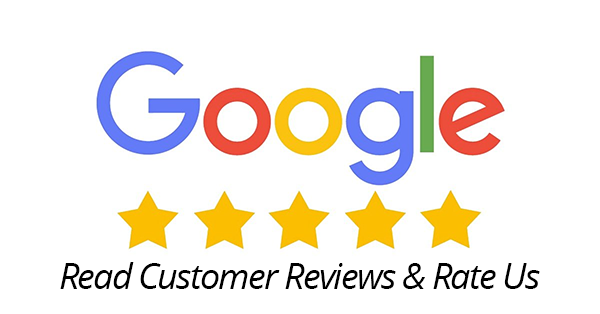 Guest post by Gayle Byck, PhD, BCPA and Allison List, MA, LCSW
Guest post by Gayle Byck, PhD, BCPA and Allison List, MA, LCSW
“The unexamined life is not worth living.” – Socrates
Do you know the most important conversation about living that the majority of Americans are NOT having with their loved ones? It’s actually not one, but a series of conversations…about dying.
Wait a minute. Didn’t the first sentence say it was a conversation about living? Which one is it?
It’s both.
You will be living until you take your last breath, and you get to make choices about how you want to live. Without taking the time to think about what gives your life meaning, you may make difficult choices on auto pilot or based on the expectations of others. This works out well, until it doesn’t. When it doesn’t, your loved ones must make uninformed, agonizing care decisions in crisis mode and, subsequently, may live with doubts and regrets for the rest of their lives.
Death & Chocolate is a unique opportunity to tackle an uncomfortable subject in a relaxed, non-judgmental environment, to re-visit your core values, and to begin creating an ever-lasting gift for your loved ones. It is a dress rehearsal for the difficult conversations you should be having but don’t know how to start.
Okaaaaaay…Striving to lead a good and meaningful life is nothing new…But, when and how did talking about a good and meaningful death become a thing?
Some might argue that conversations about a good death are still not in the mainstream! In 2011, a British business strategist named John Underwood began having people gather at his London home to eat cake, drink tea and discuss death. He called these small-group discussions, “death cafes” and based them on those begun by a Swiss sociologist in 2004. Today, Death Café is an international organization, and death cafes are happening in cities all over the U.S. and the world.
John Underwood was not the only person who realized the personal and societal value in having these difficult but meaningful conversations. In 2013, a chef and restaurateur by the name of Michael Hebb heard the following statistics: 80% of people said they wanted to die at home, but only 20% did. Alarmed by the discrepancy and armed with enough experience to know that breaking bread breaks down barriers and creates comfort, Michael Hebb began inviting guests to his home to talk about death over dinner. He wrote a book on the subject that includes ideas for hosting such an event, and he founded the organization, Death Over Dinner. Death & Chocolate was adapted from Death Over Dinner.
Why have chocolate instead of dinner?
The obvious answer is, “Life is short. Eat dessert, first!” Actually, the Death & Chocolate creators decided cooking dinner was not something that gave meaning to their lives! They also knew that chocolate could make anything better – even crafting one’s own eulogy or answering the question, “If you had an hour left to live, what would you feel was unresolved?”
Chocolate also travels more easily than a full meal, and Death & Chocolate events are taking place in many different places including:
- Private homes
- Libraries
- Community meeting rooms
- A chocolate-themed restaurant
- Assisted living communities and other healthcare venues
Now I know that talking about death is becoming a world-wide movement, and chocolate is most people’s manna; but, if I’m not even old enough for an AARP membership, why should this be important to ME?
You might find it helpful to read about one initially skeptical participant’s Death & Chocolate experience in this Chicago Tribune article:
The goals of Death & Chocolate are multiple and appropriate for anyone over the age of 18:
- Start thinking about your own mortality
- Think about how you’re living your life and whether there are changes you want to make
- Gain ideas about how to start the difficult conversations with your loved ones about your or their wishes for end-of-life care
- Feel more comfortable sharing your wishes with your loved ones
Ideally, you will be inspired to complete your advance directive documents (e.g., healthcare power of attorney, living will) or tweak your original forms to reflect any wishes that may have changed. Death & Chocolate is not the time during which you will complete paperwork; however, at the end of the program, you will receive a list of resources to help you continue conversation with your loved ones and document your wishes — without having to hire a lawyer.
As a society we don’t like to think, much less talk, about death. How can you plan for it if you can’t even talk about it? Death & Chocolate: Larger Than Life Conversations.
Let’s talk about it.
Join us for a Death and Chocolate Donuts event at The Manual Touch!
March 7th from 2-3:30pm | Click here for details & to RSVP
*Donuts will be served in lieu of chocolate due to food allergies.
About the Presenters:

Gayle Byck, PhD, BCPA – Founder & Principal Advocate, InTune Health Advocates, LLC,
Gayle is a board certified patient advocate (BCPA) She works with individuals and their family members who need help navigating the health care system. That includes helping people prepare for and accompanying them to doctor appointments, making sure follow up and next steps happen, coordinating care, smoothing transitions between hospital/skilled nursing/home, researching treatment options and clinical trials, identifying resources to help people stay in their homes, negotiating medical bills, appealing insurance denials, and having difficult conversations about end-of-life wishes and supporting clients through that process. Her goal is to make a difficult situation easier for my client and their family members. She works other members of the health care team, including the patient and family, to support that goal.
 Allison List, MA, LCSW – President, Allison J. List, LCSW, PC
Allison List, MA, LCSW – President, Allison J. List, LCSW, PC
Allison List is a Licensed Clinical Social Worker (LCSW) who has specialized in medical social work for over 26 years. With experience from nursing homes to rehab hospitals and home health to hospice, she has helped many people cope with the emotions that accompany aging, illness, or disability. Six years ago, Allison opened her own traveling psychotherapy practice to support homebound adults through difficult life transitions. Her clients are not only the individuals who are experiencing a health challenge, but also the loved ones who are adapting to change with them. Allison proudly accepts Medicare.






Leave a Reply